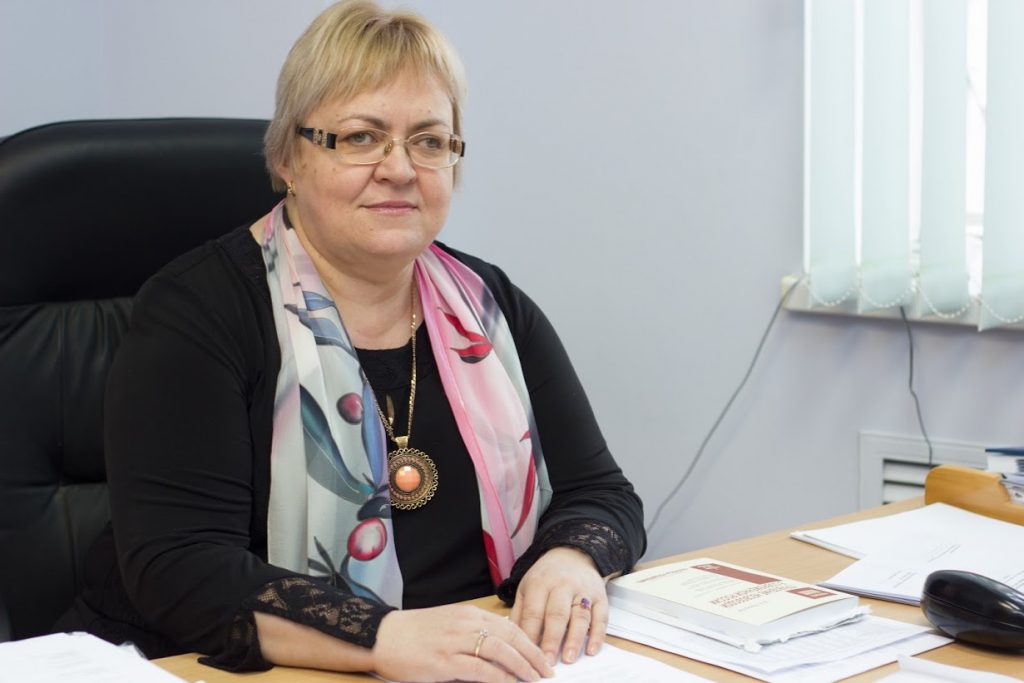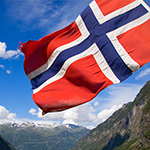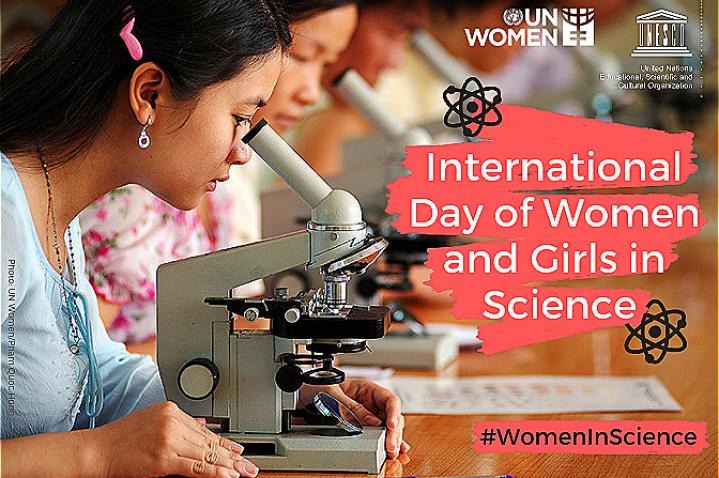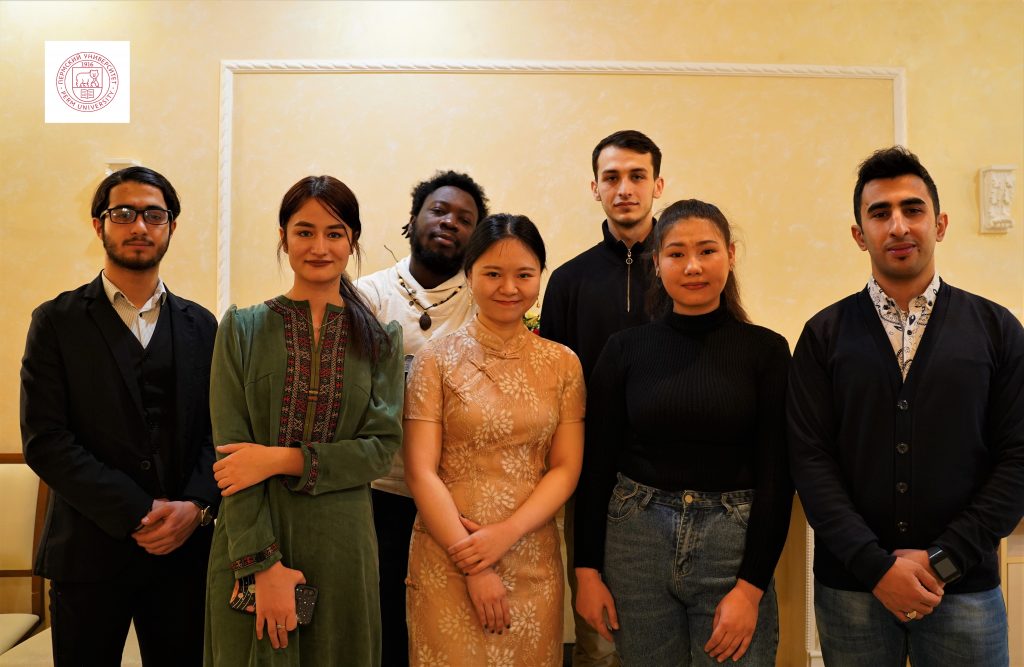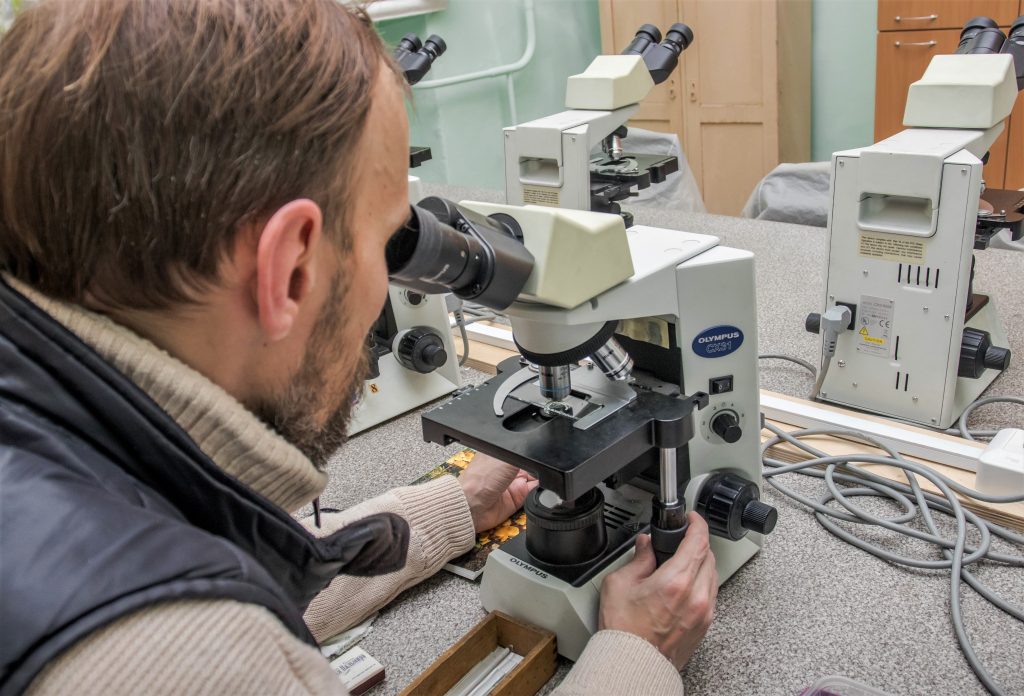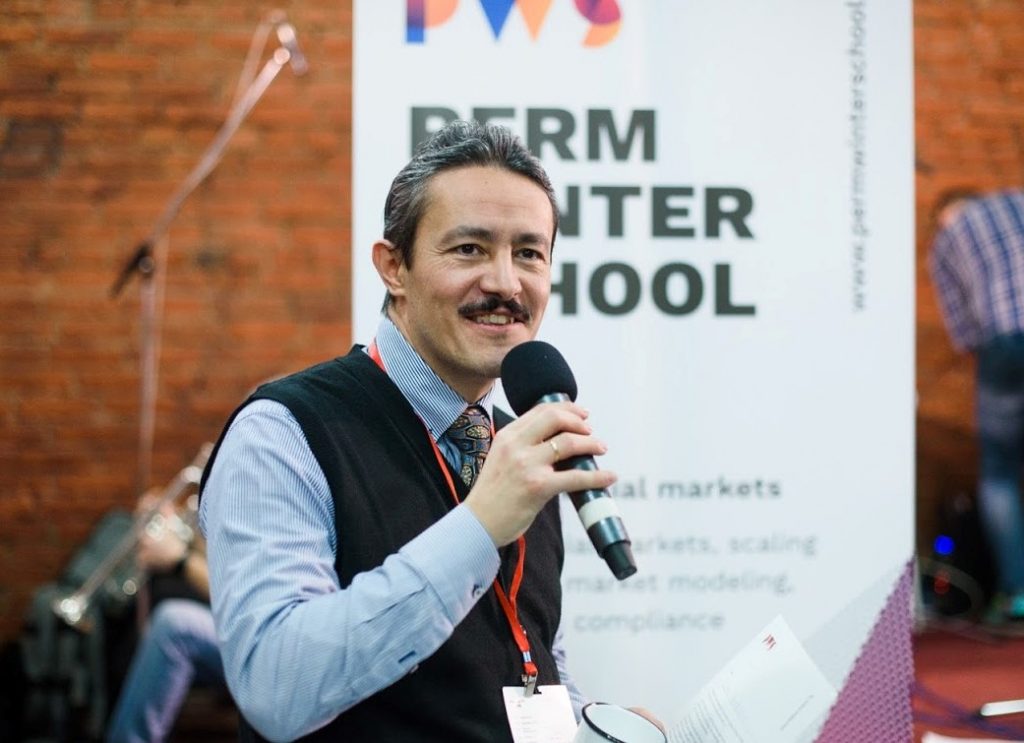International Forum “Science and Global Challenges of the 21st Century”: Call for Papers
Which tasks and challenges do science, education and society have to deal with in the face of globalization? How do we eliminate threats and manage risks? From 18 October till 23 November, 2021, PSU will host the autumn session of the Perm International Forum “Science and Global Challenges of the 21st Century” – in search of these and many more answers.
“The main advantage of the Forum is its cross-disciplinary character, enabling the joint research and overcoming obstacles between scientists – the principle incorporated since its very start. Back in the days, the first Forum launched with a round table on the origin of the Universe – inviting philosophers and theologists to take part along with mathematicians,”
comments Andrey Kuznetsov, Dean of the Faculty of Mechanics and Mathematics, PSU.
The Forum program feature events of various scale: international conferences and lectures, scientific and research schools, pop-sci talks. In 2021, young scientists are to discuss artificial intelligence, development of natural processes, bioinformatics, innovation and technology.
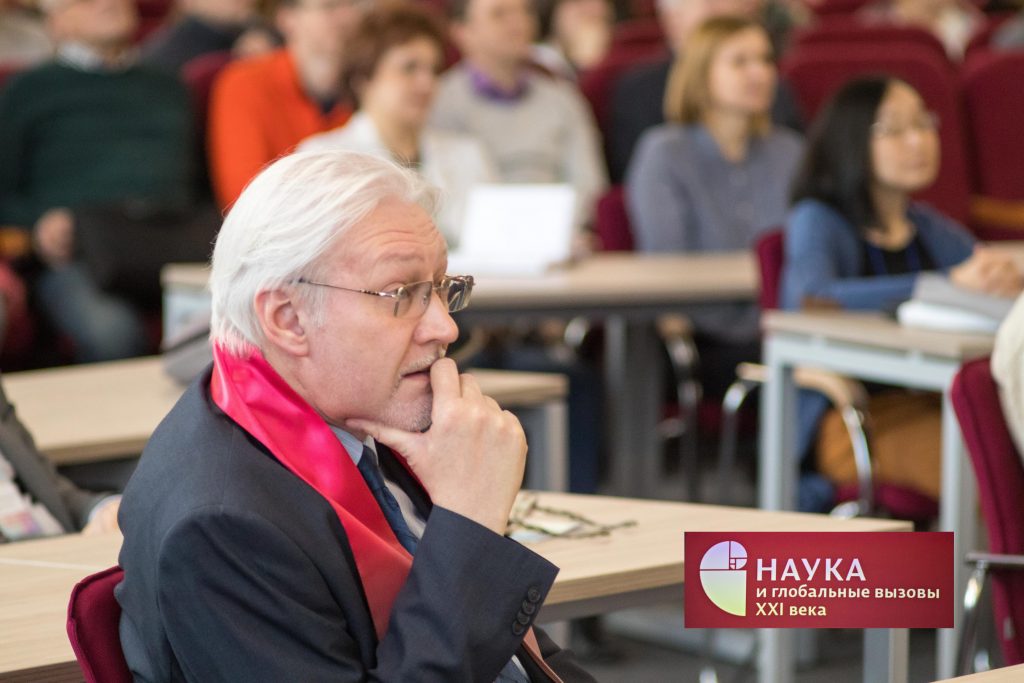
“Another feature of the Forum is that articles meeting the Springer Proceedings Guidelines for Authors, will be published in its “Smart Innovation, Systems and Technologies” series, as well as submitted for indexing in Scopus. The articles in English must be submitted by 1 June, 2021”,
reminds Andrey Kuznetsov.
The full Forum program and additional information can be found on official Forum website. For further questions about the program, please contact Alexander Shkaraputa at shkaraputa@psu.ru. For the Springer Publishing Project, please contact Natalya Petrova at nap@psu.ru. Feel free to address your questions in English to Ekaterina Isaeva at ekaterinaisae@gmail.com.
Held in 2016 for the first time, on the Centennial of Perm State University, the Forum united thousands of participants attending symposia, conferences, exhibitions, workshops, round tables, seminars, open lectures – both formal and informal, online and live, including digital art exhibitions and championships in robotics.
Please, see a Call for Papers letter attached.

